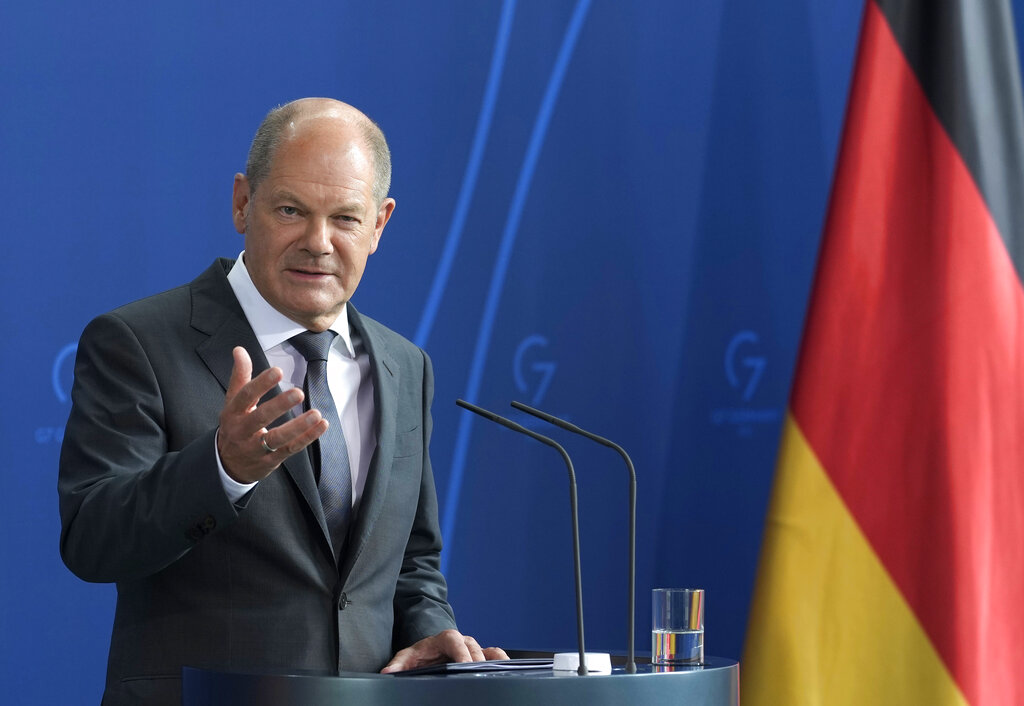German Chancellor Olaf Scholz‘s formulated plan to remove the national veto on matters of foreign policy is clear: to liquidate the last of those defending the sovereignty of lesser and weaker countries in the EU and to finish construction of an empire steered from Berlin.
He says the bloc cannot afford individual nations to have the right to object to EU policy and condemns “national egos,” a particularly cynical line coming from a German. After all, in Europe, there is no country as egotistical as Germany. No other country that would enforce solutions favorable only to itself, while simultaneously waving a banner of solidarity and community when it deems it profitable. German cynicism, as always, has a hint of arrogance at its finest.
Poland naturally cannot accept Scholz’ viewpoint. Without the right of veto, Polish subjectivity, already stripped to the bone, will become fiction. When Scholz says that the EU cannot afford national vetoes, Poles could respond by saying that Poland cannot afford even the slightest concession in the matter of sovereignty.
And what if the opposition seizes power in Poland?
Scholz’s plan did not cause any reaction from the Polish opposition. There was nothing to talk about, nothing happened. It is an understandable silence: Saying “yes” would be suicide for the opposition, while saying “no,” even for present, domestic purposes, would be a commitment of some sort that would be inconvenient in the future.
No matter what opposition politicians believe privately, the construct that they function within and dependencies to which they are subject will not allow them to form a real, solid opposition against the plans for ending our sovereignty. They will be too weak for that.






